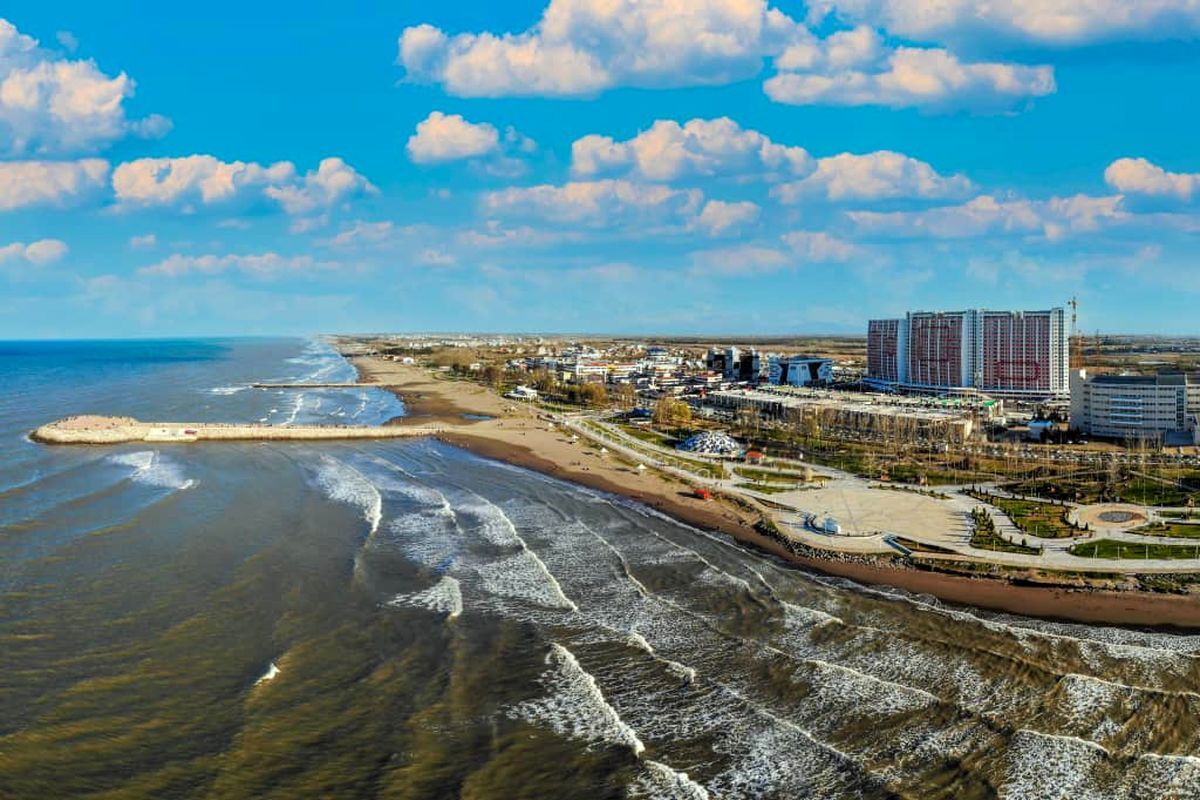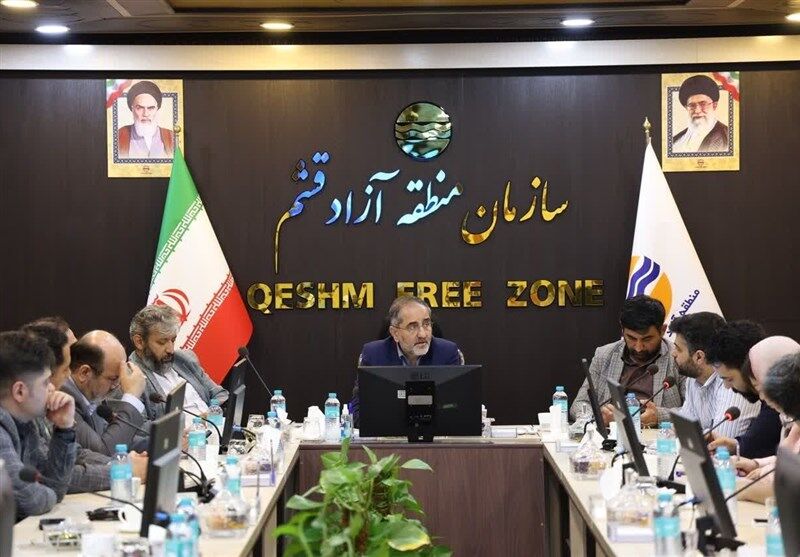
Role of Free Zones in Attracting Foreign Direct Investment

TEHRAN, May 05 (MNA) – Free zones have emerged as powerful economic tools for attracting Foreign Direct Investment (FDI), fostering industrial growth, and enhancing global trade.
EghtesadOnline: These designated areas offer a range of incentives, including tax exemptions, regulatory flexibility, and simplified trade procedures, making them attractive to multinational corporations. By creating a business-friendly environment, free zones play a crucial role in strengthening economic diversification, boosting employment, and facilitating technology transfer.
The appeal of free zones lies in their ability to reduce operational costs and mitigate investment risks. Many global corporations strategically establish manufacturing and distribution hubs in these zones to capitalize on duty-free imports, export advantages, and reduced bureaucratic complexities. Countries such as the United Arab Emirates, Singapore, and China have successfully leveraged their free zones to attract billions in FDI, transforming them into key global trade and logistics centers.
In the UAE, Dubai’s Jebel Ali Free Zone (JAFZA) stands as a leading example of how an efficient regulatory framework, world-class infrastructure, and investor-friendly policies can draw substantial foreign capital. Similarly, Singapore’s Jurong Island integrates petrochemical industries within a specialized free zone, attracting major global investors in energy and chemicals. Meanwhile, China’s Special Economic Zones (SEZs), particularly in Shenzhen, have revolutionized its manufacturing sector by attracting foreign enterprises through tax incentives, modern infrastructure, and a streamlined regulatory environment.
Despite their advantages, free zones also face challenges. Concerns over tax evasion, illicit trade, and regulatory inconsistencies require governments to adopt balanced policies that ensure transparency while maintaining investor confidence. Moreover, the growing emphasis on sustainable development calls for integrating environmental standards within free zones to align with global ESG (Environmental, Social, and Governance) principles.
To enhance FDI inflows, policymakers should focus on continuous regulatory improvements, strengthening trade agreements, and fostering public-private partnerships. The evolution of smart free zones, incorporating digital trade platforms and blockchain-based customs processes, will further solidify their role as key investment destinations.
As global trade dynamics shift, free zones will continue to be instrumental in attracting FDI. By addressing emerging challenges and adopting innovative strategies, governments can ensure that these economic zones remain competitive, resilient, and aligned with the future of global commerce.



